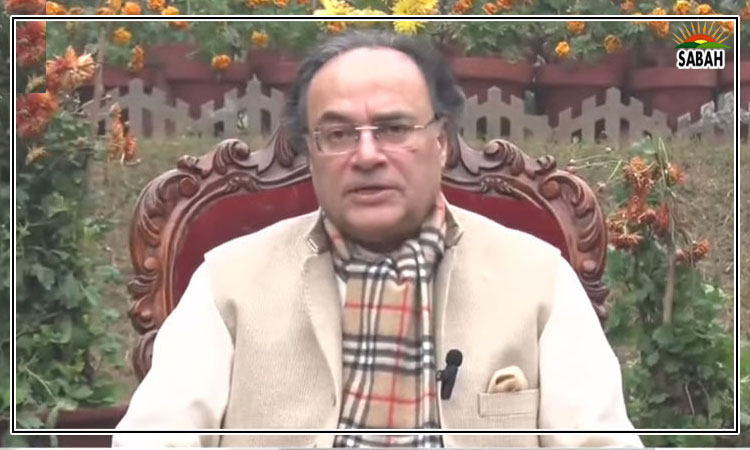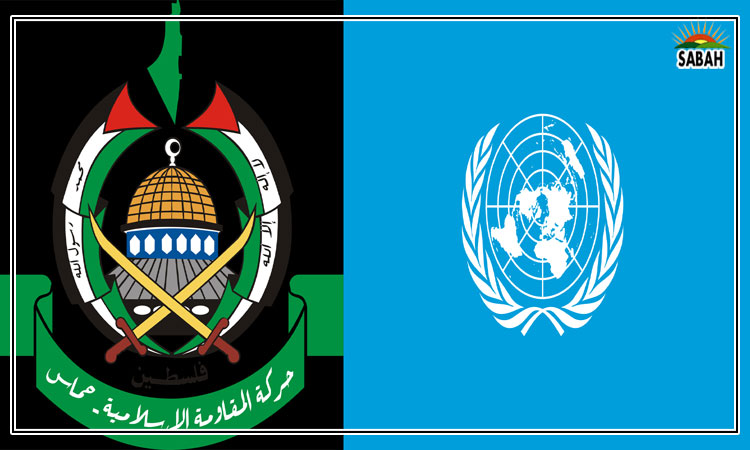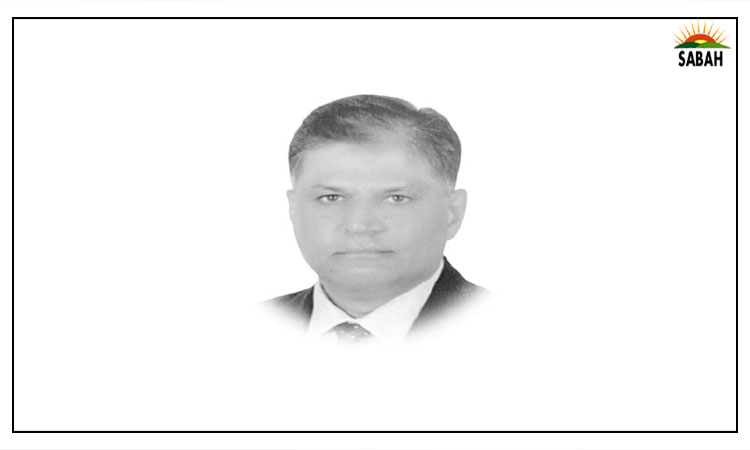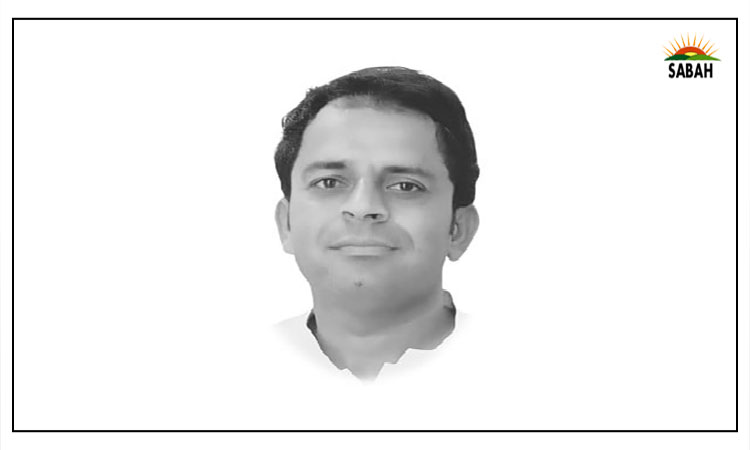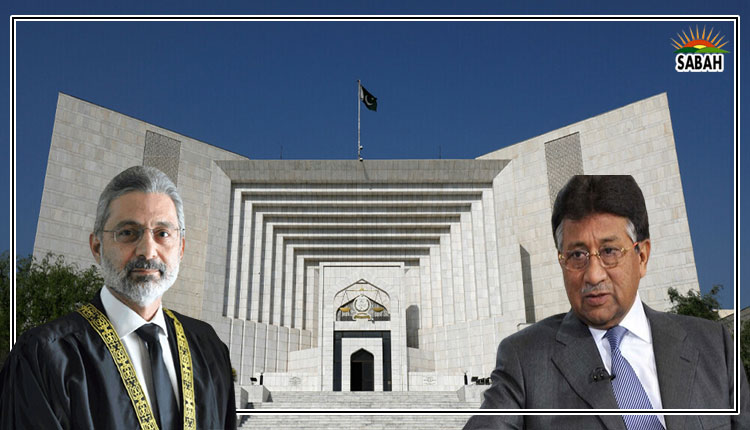Supreme Court upholds Pervez Musharraf’s death sentence in high treason case
ISLAMABAD, Jan 10 (SABAH): The Supreme Court of Pakistan on Wednesday upheld the death sentence of late former military ruler president general (retd) Pervez Musharraf, awarded to him by the Special Court in the high treason case. The court disposed of the appeal against the sentence of Pervez Musharraf on the ground of petition becoming infructous for non-prosecution by the family members. Meanwhile the court allowed the four appeals filed by Taufiq Asif Advocate, Pakistan Bar Council, Sindh High Court Bar Association and Hafiz Abdul Rehman Ansari against the Lahore High Court order declaring the Special Court illegal and unconstitutional.
“The impugned judgment passed on January 13, 2020, by the Lahore High Court (LHC) while declaring the Special Court unconstitutional is not sustainable and accordingly set aside,” Chief Justice of Pakistan (CJP) Justice Qazi Faez Isa said while announcing the short verdict.
The order comes as a four-judge SC bench — headed by the CJP Qazi Faez Isa and comprising Justice Syed Mansoor Ali Shah, Justice Aminuddin Khan and Justice Athar Minallah — took up a set of appeals pertaining to the 2020 Lahore High Court (LHC) order declaring unconstitutional the death sentence awarded to Pervez Musharraf and criminal appeal filed by Pervez Musharraf against his death sentence awarded to him by Special Court in high treason case.
In December 2019, a special court in Islamabad found the ex-dictator guilty of high treason and handed him a death sentence under Article 6 of the Constitution. It marked the first time in Pakistan’s history that a military chief had been declared guilty and punished.
However, on January 13, 2020, the LHC had declared unconstitutional all actions taken by the government against Musharraf, including the filing of a complaint on charges of high treason and the formation of a special court as well as its proceedings. The verdict led to the abolition of the death penalty handed down to him.
The bench — headed by Justice Sayyed Mazahar Ali Akbar Naqvi and also comprising Justice Mohammad Ameer Bhatti and Justice Mohammad Masood Jahangir —had also set aside Section 9 of the Criminal Law Amendment (Special Court) Act, 1976 for being violative to fundamental rights and ruled against retrospective effect given to an amendment in Article 6 of the Constitution, which deals with high treason.
In November, the top court had fixed for hearing a set of appeals, including one filed by the late military dictator. Days later, it had also admitted for hearing appeals against the ex-president’s acquittal.
The counsels in this matter including Vice Chairman of Pakistan Bar Council Haroonur Rashid, senior counsel Hamid Khan, Rashid A. Rizvi and others had primarily challenged the LHC’s decision for having “no legal or territorial jurisdiction, corum non judice (not before a judge), the high court’s exercise of SC’s powers and the maintainability of Gen Musharraf’s petition filed before the LHC”.
While presiding over the case in November, CJP Isa had assailed the LHC for knowingly overlooking earlier decisions of the apex court through its 2020 judgment.
In a subsequent hearing, the top court had poked holes in the LHC decision, observing that it addressed issues beyond the scope of the initial petition.
In another hearing, Justice Minallah had remarked that the judges who granted legal cover to Musharraf’s martial law should be tried in court.
During the proceedings on Wednesday, petitioner Taufiq Asif’s counsel Hamid Khan Advocate and Musharraf’s former counsel Barrister Salman Safdar appeared before the court. The court dismissed the appeal of Pervez Musharraf, noting that “despite attempting to do so, Musharraf’s legal heirs could not be contacted”.
At the outset of the hearing, Hamid Khan said that the appeal filed by Musharraf against his sentence was a “criminal appeal” while his request before the SC was to set aside the LHC order, which he said was a “constitutional matter”.
He urged the top court to hear both appeals separately. CJP Isa then noted, “In the current case, the Lahore High Court’s jurisdiction and appeal are separate matters.”
The chief justice then said the court wanted to hear Salman Safdar’s arguments first.
Here, Additional Attorney General Chaudhry Aamir Rehman, the state counsel, opposed the appeal filed against the former president’s sentence.
Upon the top judge confirming whether he was opposing Musharraf’s appeal or was in favour of it, the lawyer said he was against it.
Salman Safdar said in his arguments that there are no instructions from the former military ruler’s family. He said the family was aware of the case, further informing that they were contacted over 10 times since November, last year. “No instructions were given for, or against the case hence, I am not representing Pervez Musharraf’s family,” he stated.
Justice Mansoor Ali Shah said that the SC had also issued notices to Musharraf directly, to which Safdar added that the SC had also notified him through a newspaper advertisement. “I can provide judicial assistance on two situations,” the counsel stated. At this, Justice Mansoor Ali Shah told Safdar that he could assist the court only on the legal situation.
In 2013, then prime minister Nawaz Sharif had initiated a treason trial against Musharraf. On December 17, 2019, a three-judge special court, comprising Justice Waqar Ahmad Seth, Justice Nazar Akbar and Justice Shahid Karim sentenced to death the septuagenarian former military ruler under Article 6 of the Constitution of Pakistan.
The Article states that “any person who abrogates or subverts or suspends or holds in abeyance, or attempts or conspires to abrogate or subvert or suspend or hold in abeyance the Constitution by use of force or show force or by any other unconstitutional means shall be guilty of high treason.”
The charges against Musharraf- who was sentenced in absentia due to illness and being out of the country -, had stemmed from his imposition of a state of emergency in 2007 and subsequently for being guilty of high treason for abrogating the Constitution.
Later that month, in 2019, the LHC constituted a full bench, headed by Justice Sayyed Mazahar Ali Akbar Naqvi, to hear a petition filed by Musharraf who was challenging the trial against him and the formation of a special court that awarded him a death sentence on the same day the plea was moved.
It should be noted that the former president, in his petition, had also requested the LHC to halt the special court proceedings in his absentia until he recuperates and appears before the court.
Later, on January 13, 2020, the LHC quashed the former president’s death sentence by declaring the formation of the bench of the special court as “unconstitutional”.
It should be noted that both the matters, the verdict of the special court and the LHC were challenged in the SC.
The SC had observed on November 22, 2023, that the decision of a special court, awarding the death sentence to the former military ruler for high treason, was still intact and had allowed his lawyer to contact the family to find out whether or not it wanted to pursue his appeal. Musharraf passed away in February 2023.
Speaking to media persons after the announcement of the verdict, Safdar said that Musharraf’s appeal was heard for the fourth time today even though it was pending in court for four years.
“No criminal case can be prosecuted in the absence of the accused and Musharraf’s case was heard in his absence,” Safdar said.
The lawyer said that had Musharraf been alive today, he would have pursued the case. “His appeal was not heard when he was alive,” he added. “Pervez Musharraf never committed high treason,” maintained the lawyer.



